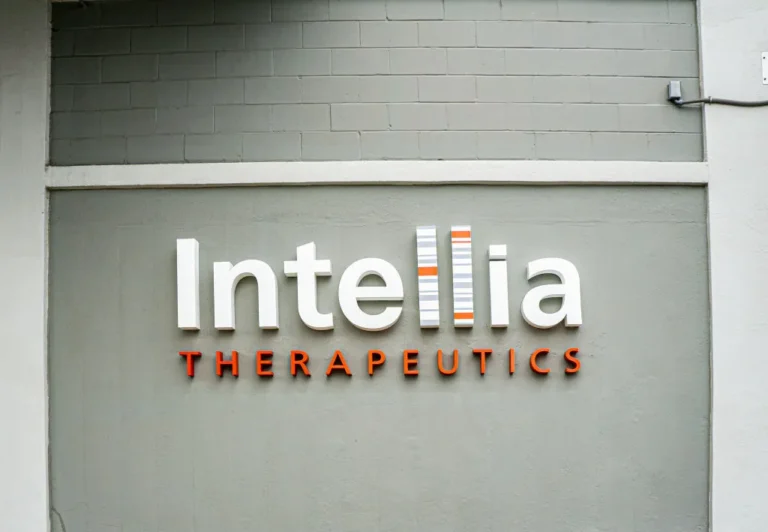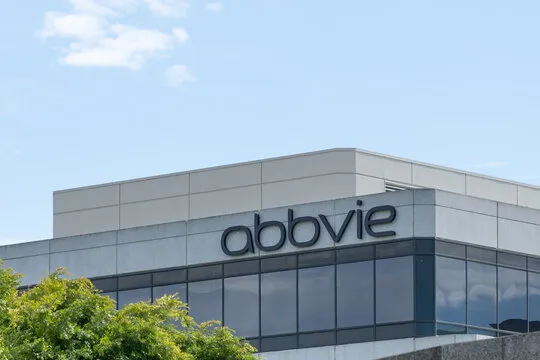
Teva Pharmaceutical Industries has announced encouraging results from its Phase 3 SPACE study, which evaluated the efficacy and safety of AJOVY (fremanezumab) for preventing episodic migraines in children and adolescents aged 6 to 17 years. The study demonstrated a statistically significant improvement compared to placebo over 12 weeks, with a favorable safety profile consistent with results observed in adult patients.
Migraine in Children and Adolescents
Migraine is a common condition among children, affecting an estimated 7.7% of the pediatric population. The prevalence rises from about 5% in children aged 5 to 10 years to approximately 15% in adolescents. Migraines can significantly impact quality of life, often causing school absences, reduced academic performance, and missed social opportunities. Despite its prevalence, treatment options for younger patients remain limited.
Study Highlights
The SPACE trial is the first Phase 3 study to assess a calcitonin gene-related peptide (CGRP) pathway treatment for episodic migraine prevention in children and adolescents. Conducted as a multicenter, double-blind study, it involved 237 participants who had experienced migraines for at least six months, with fewer than 14 headache days per month. Subgroup analyses were performed based on age (6–11 years and 12–17 years) and sex.
Key findings from the study over the three-month period include:
- Reduction in Monthly Migraine Days (MMD): Fremanezumab significantly reduced MMD compared to placebo (-2.5 vs. -1.4 days; p=0.0210).
- Reduction in Monthly Headache Days (MHD): The treatment also significantly reduced MHD (-2.6 vs. -1.5 days; p=0.0172).
- Higher Response Rates: Nearly half (47.2%) of children treated with fremanezumab achieved a 50% or greater reduction in migraine frequency, compared to 27% in the placebo group (p=0.0016).
- Consistency Across Subgroups: Benefits were observed across both age groups and between genders.
Safety Profile
The trial confirmed that fremanezumab is well-tolerated, with a safety profile similar to that of placebo:
- The proportion of participants experiencing at least one adverse event (AE) was comparable between the fremanezumab group (55%) and the placebo group (49%).
- Serious adverse events (SAEs) were rare, occurring in 3% or fewer participants. AEs leading to treatment discontinuation were minimal, at 1% or less.
Expert Insights
Professor Patricia Pozo-Rosich, a lead investigator and Head of the Headache Unit at Vall d’Hebron Hospital and Research Institute in Barcelona, described the findings as a milestone. “This is the first Phase 3 trial of a CGRP-pathway treatment to demonstrate statistically superior efficacy with favorable safety and tolerability for children and adolescents. It provides hope for young patients and clinicians who have limited treatment options for managing episodic migraine.”
Eric A. Hughes, MD, PhD, Executive Vice President of Global R&D and Chief Medical Officer at Teva Pharmaceuticals, emphasized the importance of the study. “Over the last three decades, childhood migraine incidence has risen, yet innovation in licensed treatments has been lacking. The SPACE trial shows that AJOVY, which has already benefited adults, can also improve outcomes for children and adolescents with episodic migraines. This marks a significant step forward in addressing the burden of pediatric migraine.”
Broader Implications
The results from the SPACE trial underline Teva’s commitment to addressing unmet needs in migraine care, particularly in younger populations. The company is continuing its research on the use of fremanezumab in pediatric patients with chronic migraine and assessing its long-term safety.
AJOVY, already established as an effective treatment for adult migraine prevention, now has the potential to extend its impact to younger age groups. This development could significantly improve the quality of life for children and adolescents grappling with the challenges of episodic migraine.





